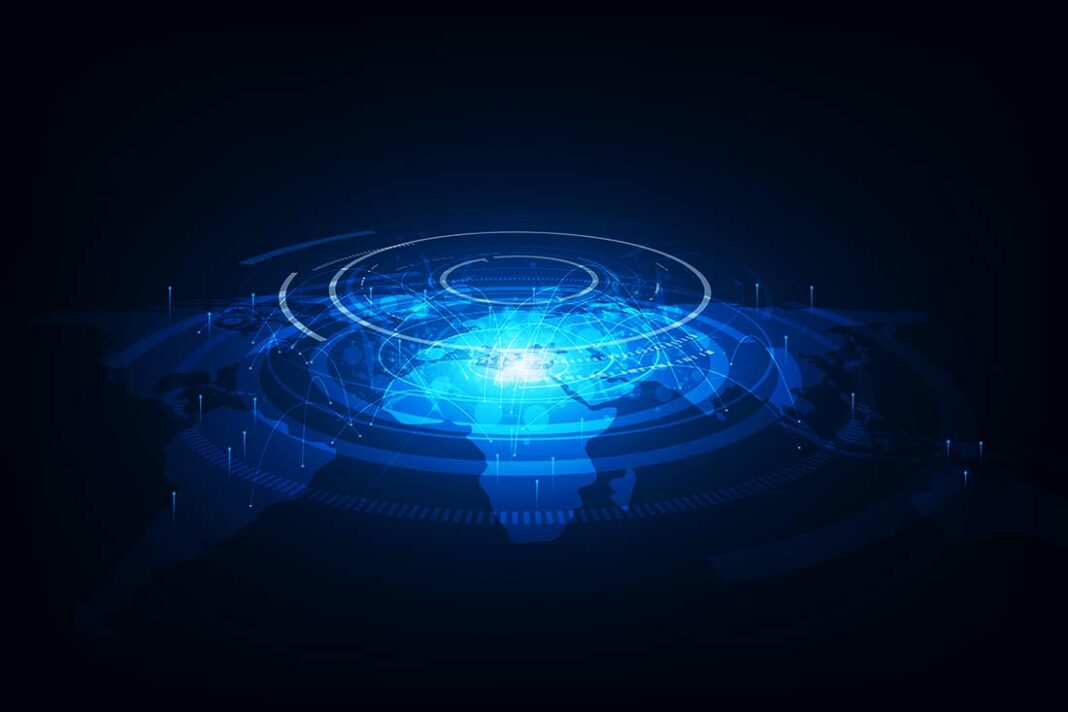The age-old cycle of discrimination is one of the most pressing issues that the world continues to face today. We see this in various forms such as racial, gender, economic, and social discrimination which have far-reaching consequences. For decades, this has been an ingrained problem that has left societies deeply divided and facing multiple challenges.
However, there is hope on the horizon with recent efforts to end this cycle of discrimination. A bold step towards a fairer world has been taken by various individuals, institutions, and governments to address this issue. The UN Sustainable Development Goals (SDGs) have been instrumental in this regard, ensuring that discrimination is not only understood and acknowledged but combatted at all levels.
Efforts to end discrimination in different spheres has taken various forms. In the United States, the Black Lives Matter movement has reignited a national conversation about racial discrimination, especially in law enforcement. Similarly, movements such as #MeToo have exposed the extent of gender-based discrimination in the workplace and other social settings. These have been complemented by important policy reforms to address inequalities, for example, the adoption of affirmative action programs aimed at increasing diversity in the workplace.
Closer to home, African countries have also made strides towards ending discrimination in various spheres. In South Africa, the government’s Reconstruction and Development Program is focused on reducing poverty and inequality, with a particular emphasis on marginalized communities. Rwanda’s Women’s Empowerment Program aims to provide women in rural areas with access to resources and opportunities to enhance their incomes. These and other similar programs have helped to redress centuries of inequality and exclusion.
The benefits of ending the age-old cycle of discrimination are immense. A fairer society would be more prosperous and peaceful, with everyone feeling that their skills and contributions are valued. It would also allow for the realization of the full potential of all citizens, regardless of their race, gender, economic, or social status.
In conclusion, the efforts to end discrimination and promote equality are important for the future of our society. By embracing inclusivity and diversity, we can ensure that everyone has an equal chance of success and a better tomorrow for all.
- Breaking Boundaries: Revolutionary Scientific Discovery Unleashes a New Era of Possibilities! - 9 de junio de 2023
- Exploring Beyond Our Solar System: The Next Frontier of Space Travel! - 9 de junio de 2023
- Experience Life in Harmony with Nature: Join the Ecotourism Movement Today! - 9 de junio de 2023



